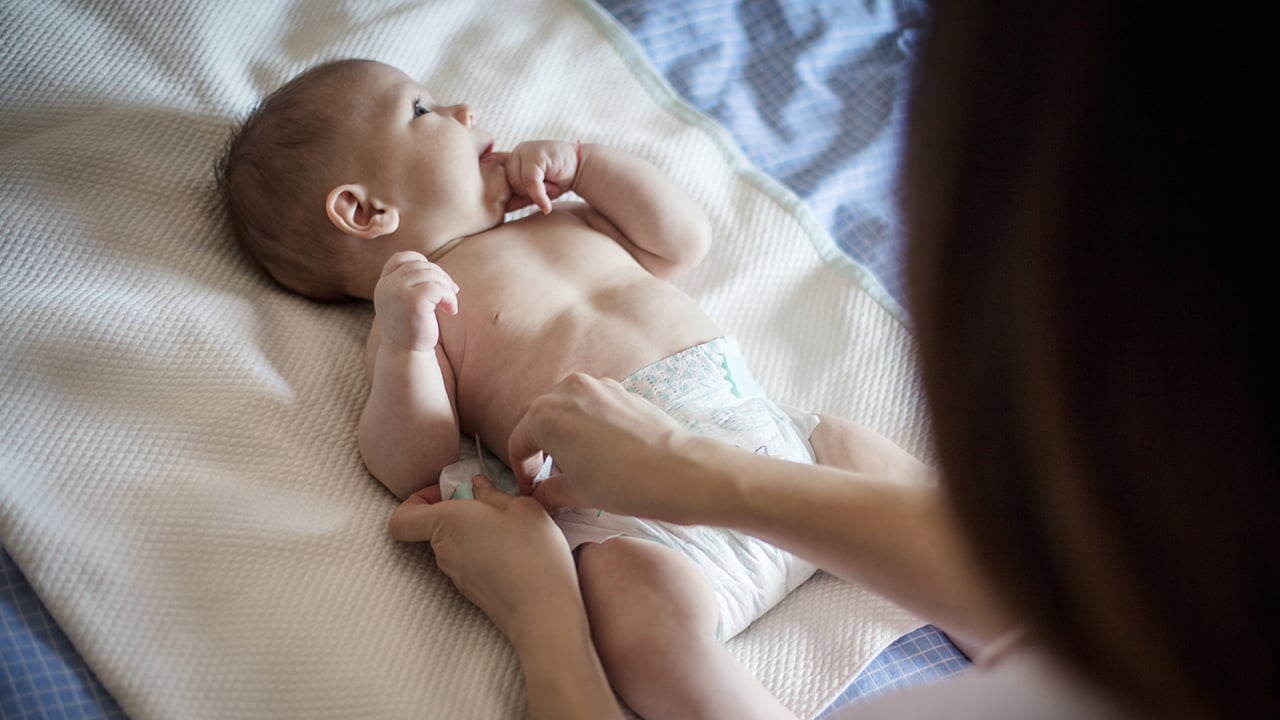- Doctors & Departments
-
Conditions & Advice
- Overview
- Conditions and Symptoms
- ¿Está enfermo su hijo?
- Parent Resources
- The Connection Journey
- Calma Un Bebé Que Llora
- Sports Articles
- Dosage Tables
- Baby Guide
-
Your Visit
- Overview
- Prepare for Your Visit
- Your Overnight Stay
- Send a Cheer Card
- Family and Patient Resources
- Patient Cost Estimate
- Insurance and Financial Resources
- Online Bill Pay
- Medical Records
- Política y procedimientos en el hospital
- Preguntamos Porque Nos Importa
-
Community
- Overview
- Addressing the Youth Mental Health Crisis
- Calendar of Events
- Child Health Advocacy
- Community Health
- Community Partners
- Corporate Relations
- Global Health
- Patient Advocacy
- Patient Stories
- Pediatric Affiliations
- Support Children’s Colorado
- Specialty Outreach Clinics
Your Support Matters
Upcoming Events
Colorado Hospitals Substance Exposed Newborn Quality Improvement Collaborative CHoSEN Conference (Hybrid)
lunes, 29 de abril de 2024The CHoSEN Collaborative is an effort to increase consistency in...
-
Research & Innovation
- Overview
- Pediatric Clinical Trials
- Q: Pediatric Health Advances
- Discoveries and Milestones
- Training and Internships
- Academic Affiliation
- Investigator Resources
- Funding Opportunities
- Center For Innovation
- Support Our Research
- Research Areas

It starts with a Q:
For the latest cutting-edge research, innovative collaborations and remarkable discoveries in child health, read stories from across all our areas of study in Q: Advances and Answers in Pediatric Health.


Baby Poop Guide

No one said it’s pretty or fun, but it’s a fact: As a new parent, you’ll spend a lot of time looking at your baby’s poop. The good news? All those diaper changes can give you insight into your baby’s health.
Our experts have created a baby poop guide to give you the 411 on your baby’s number two, with special information for babies in the Neonatal Intensive Care Unit (NICU) or with ongoing medical needs.
Infant poop frequency
Stool frequency in babies varies, so don’t put too much stock into how many times a day your baby “should” be pooping. Babies can poop as frequently as every feeding or as infrequently as every two to three days. Neither of these situations should cause you alarm. Breastfed infants tend to poop more frequently than formula-fed infants.
When should I call my pediatrician?
While every baby’s poop schedule is unique, if your baby hasn’t pooped in four days, you should call your pediatrician. This could be a sign of constipation.
Infant poop color
For new parents, or even experienced parents, the color of your baby’s poop can surprise you. Babies can create a rainbow of poops, but it typically doesn’t mean there’s a problem.
Almost all infants’ first poops will be thick, black and tarry looking. These stools are called meconium and are completely normal.
When your baby starts breastfeeding or drinking formula, their poop will turn green or yellow and have a more liquid consistency. Breastfed babies’ poop will stay in the green-yellow-brown palette as long as they continue breastfeeding.
Formula-fed babies’ poop will typically be slightly lighter, but similar in color to breastfed babies. Slight changes in color are typically the result of your baby’s intestinal lining or how they digest milk and aren’t concerning.
As your baby begins to eat solid food, it will change the color of their poop. This is natural, but certain colors can tell you something about your baby’s health or signal a warning sign.
Red baby poop
While it may look startling, red poop is almost always caused by red food or medicine. The exception? Bloody stool, which can signal allergies or bleeding in their gastrointestinal tract. Call your doctor if you see blood in your baby’s poop.
Green baby poop
This is completely normal, even when it’s dark green. Dark green poop is usually caused by bile, a fluid made in your baby’s liver that aids digestion. Inspect dark green poop closely (yes, this is your parental duty) to make sure it’s not black, as that could be cause for concern.
Black baby poop
If your baby has black poop after their very first poops, it could be a sign of stomach bleeding. Look at the poop under bright light and if it’s black instead of dark green, call your doctor.
Yellow baby poop
Any poop that is yellow, orange or brown is completely normal.
White or light grey baby poop
This is the one shade that should almost always alert you of a problem. White baby poop could signal that your baby has a liver condition and isn’t digesting food properly.
When should I call my pediatrician?
Most colors are normal but call your doctor if your baby’s poop is white, black or has blood in it.
Infant poop consistency
Baby poop is softer and more liquid than older kids’ stool. The following consistencies are normal for breastfed and formula-fed infants:
- Soft and somewhat runny
- Slightly seedy
- Pasty (more common in formula-fed babies)
If your baby’s poop strays too far from these textures, that’s when you should get concerned.
When should I call my pediatrician?
Two situations should ring minor alarm bells:
- Very loose or watery stool for three or more diapers, which could lead to dehydration
- Hard, pellet-like poop — a sign of constipation
Never give your infant laxatives, enemas, suppositories or other stool stimulators without asking your doctor first.
What to know about poop for babies with complex medical needs
Babies who spend time in the NICU or have complex medical needs often need extra care or follow different developmental timelines than other babies. Parents need to learn new information about their baby’s condition and what to look for.
When it comes to baby poop, parents whose babies have medical conditions should be on the lookout for the same things mentioned above, with a few additions.
Poop for babies with gastrointestinal issues
Babies with gastrointestinal conditions or complications will face the greatest impact to their digestive systems. Their bowel movements and developmental schedule won’t be the same as their peers’. Here are some gastrointestinal issues that affect a baby’s poop:
- Necrotizing enterocolitis (NEC): This is a serious intestinal disease for premature babies that occurs when the small or large intestine becomes inflamed. This can sometimes create a hole in the intestinal wall that allows waste to move into the baby’s bloodstream or abdomen, which can make the baby very sick. Both diarrhea and constipation can be symptoms of NEC. Some babies with NEC need to have some of their bowel removed, which affects their ability to absorb food. This can make them more prone to liquid stool and weight gain issues, even as they grow older. Our neonatal and gastrointestinal experts work together to get the best results for babies with NEC.
- Babies with blockage or narrowing of bowels: These bowel issues often require surgery. Bright green poop or no pooping for the first few days of life are warning signs for blocked or narrow bowels.
Reaction to medication
When babies leave the NICU, they sometimes remain on medication or have different dietary needs. This may change the color or consistency of their poop. These changes shouldn’t alarm you, but you should know what to expect, so you can spot anything that really is a problem.
- Antibiotics: When babies are on antibiotics at home, they often have looser stool and are at higher risk for developing diaper rash. If your baby is on antibiotics, try to change their diaper soon after they poop and apply a barrier cream like Vaseline® or Desitin® as a preventive measure.
- Fortified breastmilk or medication: If your baby needs more calories, they may be given fortified breastmilk for feeding at home. Our doctors might prescribe medication to take at home for several conditions. Both of these could change your baby’s poop, so talk to your doctor to know what to expect.



 720-777-0123
720-777-0123






